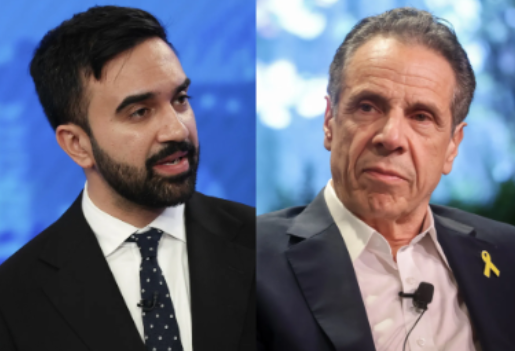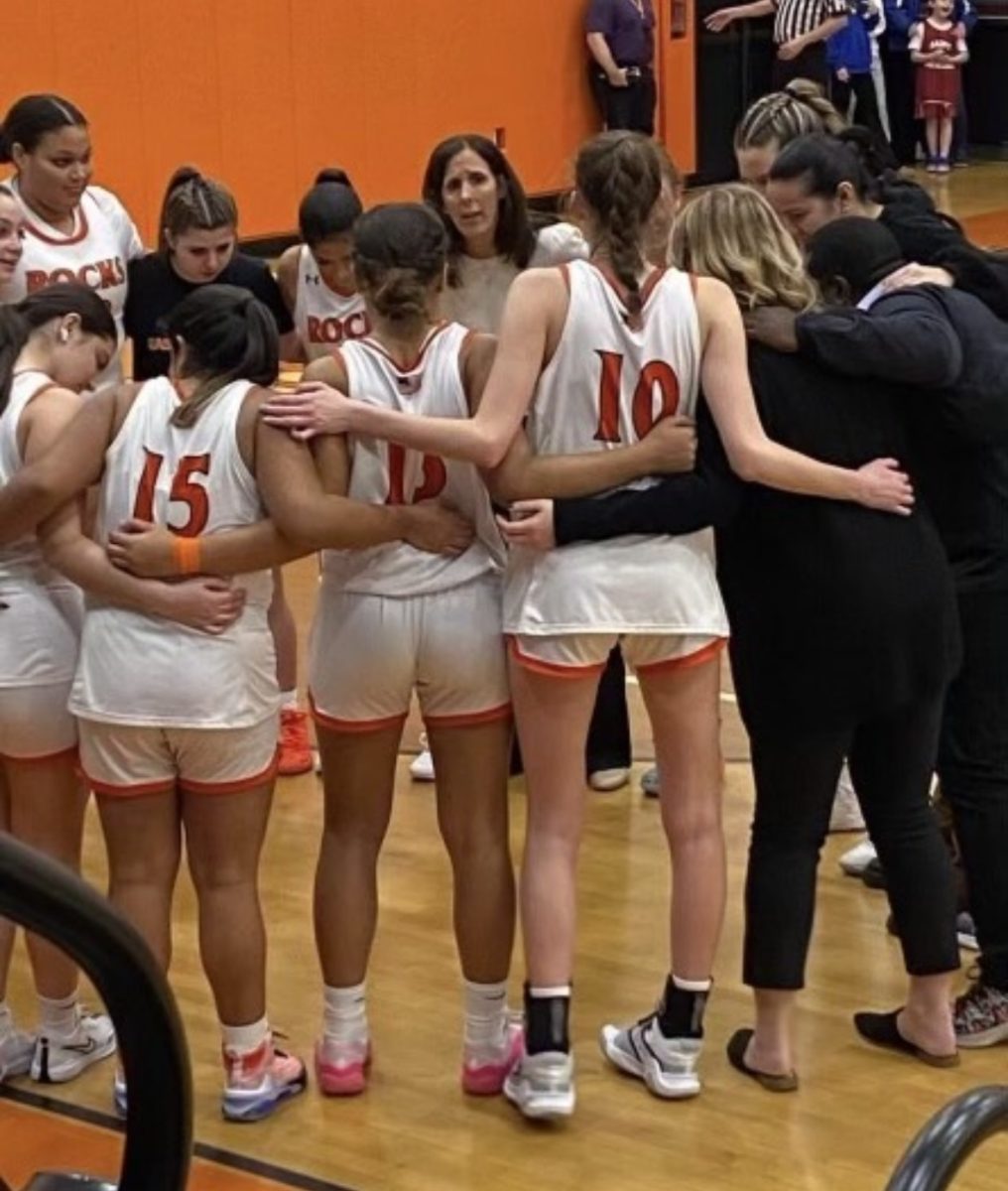Have you ever engaged in a heated conversation where it felt like you weren’t being heard? An argument that felt like it was never going to end productively? Perhaps these altercations may have caused a divide in your relationships or even resulted in fallouts. In recent years, especially in the past few months, we have seen the impact of polarizing political issues sparking conflict among American citizens: from Twitter’s nasty and unfiltered comments to uncomfortable family gatherings, I’m sure many of you have seen it all. Politics is often seen as a “sensitive topic” to many, avoiding touching the subject as it triggers the potential to initiate conflict. However, with the 2024 presidential elections coming up, political discussions on social media, in our community, and at school are becoming increasingly inevitable. While some may avoid it completely, others feel compelled to vocalize their opinions strongly.
Nonetheless, regardless of today’s nature of frustrating political debates, staying informed about our country’s political state is integral to building a more inclusive and educated society. In fact, political talk doesn’t have to be exhausting. Whether it’s with our friends, classmates, colleagues, or relatives, we can learn how to navigate these conversations knowing there was a lesson we learned, despite whether we came to a middle ground or not. (It’s okay!)
Educator Lamar Lee recently came to East Rockaway High School, coming into different classrooms to demonstrate the idea of “perspective”. Lee emphasized the idea that we all come from different backgrounds and because of this, the way we see something can be completely different from the way another person sees that same idea. We all have our truths and beliefs, to which we are wholly entitled to. Yet when we fail to even try and understand another person’s perspective that doesn’t align with ours and we begin to invalidate that person, that’s when it provokes conflict.
After the demonstration, I asked Lee what he thinks is the most important thing to remember when navigating through political conversations. He explained that it was simply just these 4 steps:
- Understand your own experiences
- Be willing to listen actively
- Articulate with kindness
- Remember there’s always something to learn even when we feel like we know about everything
With tips as simple as that, it can seem like this can be easy. Yet when our emotions come into play, it becomes a completely different situation. So let’s break it down.
Understand Your Own Experiences
Everyone has their biases, whether we realize it or not. But where do these biases come from? Perhaps is it the environment we grew up in? The financial situation we live in? Our parents? Religion? Or is it all of the above? A study by researchers Emile Bruneau and Rebecca Saxe from the Journal of Experimental Social Psychology found that in situations when people are dealing with intergroup conflict, sharing one’s own perspective with their personal stories and experiences significantly helps reduce negative attitudes as it fosters connection with one another. It leads the other party/parties to engage in the conversation where stereotypes don’t hinder their receptiveness to others’ experiences, creating a space of greater understanding.
Therefore, it’s important to self-reflect on how aligned your said values, principles, and beliefs are to you. Whatever you believe in, being aware of how your beliefs shape your political stances helps you approach conversations knowing that different people also have their own experiences that shape their stances. Ask yourself these 3 questions:
- What really matters to you?
- Why is it important to you?
- How much does it impact you?
Be Willing To Listen Actively
Whenever we are in heated conversations, we often find ourselves doing either of 2 things: find something to say that feeds our need to ‘win’ the argument, or stay present and process what the other person is saying. Active listening requires us to do the latter. It means setting aside the need to ‘clap back’ right away and instead, genuinely listen to the other person’s perspective. It also requires the effort not to interrupt, even when you strongly disagree with what is being said.
In most conversations with politics, we tend to focus less on what the other side is saying and more on what we need to say, which is one of the biggest issues we as a society fail to improve upon. Amy Gallo from Harvard Business Review explained that without active listening, a conversation can never be successful because ignoring this essential pillar in our social interactions leads to misinterpretation, and further results in reduced trust and respect. This is why a mindset shift needs to occur: Focus on understanding, not winning. The truth is, most people don’t want to be ‘proven wrong’, nor have their beliefs changed. What you and they probably seek is to be heard, understood, and respected.
Articulate With Kindness
Kindness doesn’t mean weakness. It doesn’t mean you have to compromise your beliefs or you’re changing your opinion. It simply just means you’re communicating healthily and respectfully. I think most of us already know this is common sense, but here are a few ways we can improve our word choices to prevent hostile language:
Validate the other party:
Again, this doesn’t mean you’re changing your beliefs. It can just look like using phrases such as “I understand why you might feel this way.” This ensures the other party feels heard and understood.
Avoid condescending language:
Instead of blatantly expressing “You’re wrong”, you can rephrase your words like: “I think there might be another way to look at this”, which will help you segue into your own opinion. As simple as these phrases are, it automatically lets the other party know that they are respected. Words and the way we say them do matter.
There’s A Lesson In Every Conversation
You know, sometimes someone can literally just be wrong. Like, arguing with flat-earthers can really make you scratch your head! But even with these frustrating conversations, it doesn’t have to feel like you’re going nowhere. These experiences may simply make you realize that the other person(s) doesn’t believe in the same thing you do, and that’s okay! Whatever you decide to do with that realization is up to you– whether you want to keep that friend in your circle or choose to step back for your peace of mind.































Geraldine • Oct 31, 2024 at 11:25 pm
Excellent! Well said Elaiah